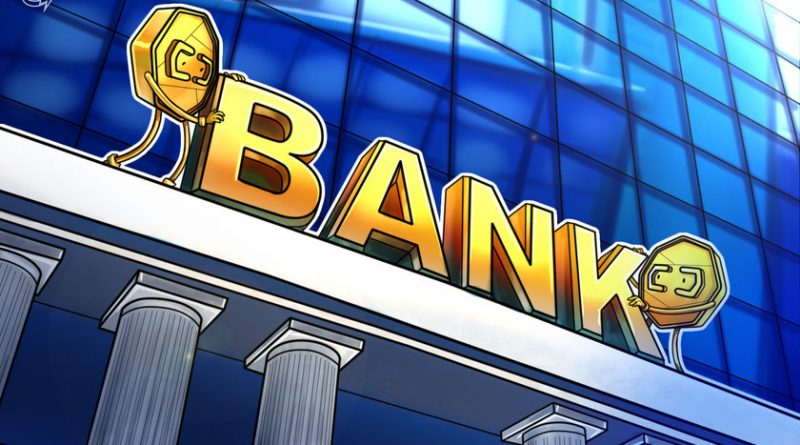OCC greenlights national banks to run nodes and stablecoin networks
The latest from the Treasury’s most crypto-forward office says that national banks don’t have to fear stablecoin nodes.
Monday evening, the Treasury’s Office of the Comptroller of the Currency told national banks that they are allowed to run independent nodes for distributed ledger networks.
Referring to of independent node verification networks, the OCC’s interpretive letter says that banks “may use new technologies, including INVNs and related stablecoins, to perform bank-permissible functions, such as payment activities.”
Coming amid a great deal of uncertainty as to the future of stablecoins, the OCC’s announcement is big news. The office, nonetheless, cautions that there are cyber risks inherent to using such technology:
“Banks must also be aware of potential risks when conducting INVN-related activities, including operational risks, compliance risk, and fraud. New technologies require enough technological expertise to ensure banks can manage these risks in a safe and sound manner.”
Brian Brooks, who formerly led Coinbase’s legal team, has been the Acting Comptroller of the Currency since May. During his tenure, the office has put out a host of guidance authorizing banks to be more active in crypto and, more recently, barring them from cutting off services to legal industries.
Major lobbyist group the Blockchain Association noted that “The letter states that blockchains have the same status as other global financial networks, such as SWIFT, ACH, and FedWire.” Such flagships mechanisms of international payments have had to up their games in response to competition from blockchain-backed payments in recent years.
Major lobbyist group the Blockchain Association noted of today’s announcement that “The letter states that blockchains have the same status as other global financial networks, such as SWIFT, ACH, and FedWire.” Such flagships mechanisms of international payments have had to up their games in response to competition from blockchain-backed payments in recent years.
The new guidance follows up on a separate group of regulators laying out new guidance for stablecoin operators immediately before Christmas.
The subject of stablecoin legal status in the U.S. has taken on an outsized role over the past month, especially after Congresswoman Rashida Tlaib introduced a bill that seemed to outlaw any operation of a stablecoin network, including private persons running, for example, Ethereum nodes that process DAI transactions.




